African countries must reject being used as ‘geopolitical tools’ by US: Analyst
African countries must not allow the United States to influence their internal decisions and actions and use them as “geopolitical tools” against countries such as China and Russia, says a political analyst.
Qinduo Xu, a senior fellow at China-based think tank Pangoal institution, told Press TV in an interview on Monday evening that African leaders must ensure that the interests of the continental countries remain a priority when dealing with world powers.
“It is justifiable for the African countries to demand equality, respect and a mutual benefit from other countries. And they should not be used as tools in this geopolitical game against certain countries like China and Russia,” Xu said on weekly Africa Today show.
“The African countries [should] remain independent and sovereign in terms of making decisions, and always start from their own national interests when they deal with big powers, in particular, the US, EU, China, and Russia.”
The political commentator said African countries should not submit to the pressure tactics used by Washington and Brussels that serve the West’s interests, instead of their own.
For years, US strategy towards Africa has framed the continent as a venue for competition with Beijing, repeatedly alleging that China is creating a “debt trap” in Africa.
In mid-January, Chinese Foreign Minister Qin Gang denounced the groundless allegations in a joint press conference with the chairperson of the African Union (AU) Commission Moussa Faki Mahamat.
“So-called China’s debt trap in Africa is a narrative trap imposed on China and Africa. Projects and cooperation carried out by China in Africa contributed to Africa’s development and the improvement of people’s lives. The African people have the biggest say in this,” Gang said at the time.
In late January, US Treasury Secretary Janet Yellen repeated claims by Western officials that China is creating a debt problem in Africa, alleging that China is a “barrier” to debt reform in the continent.
In response, the Chinese Embassy in Zambia said “the biggest contribution that the US can make to the debt issues outside the country is to act on responsible monetary policies, cope with its own debt problem, and stop sabotaging other sovereign countries’ active efforts to solve their debt issues.”
Xu told Press TV that the debt issue is a serious problem in developing countries and blamed American policies for aggravating the problem by fanning the flames of war in Ukraine and imposing “biting sanctions” on Russia.
Russia launched a military operation in Ukraine in February last year, saying the move was provoked by NATO's eastward expansion and the military alliance’s refusal to provide security guarantees to Russia.
The simmering one-year conflict has provoked a unanimous response from the US and its allies, who have slapped many rounds of sanctions on Moscow while providing lethal arms to Ukraine.
Xu said the US is “not really in a position to talk about the debt problem of other countries because they have a much larger debt problem.”
In February, the US Congressional Budget Office projected that the US Treasury will exhaust its emergency measures to prevent a debt default sometime between July and September unless Congress raises the $31.4 trillion debt limit.
“[The US] purpose of developing a relationship with African countries is not really about [cultivating] bilateral relationship… they only want to create some setback probably on China’s relationship with African countries,” Xu argued.
He slammed the US “colonial mentality” that disrespects Africa’s sovereignty in taking their decisions based on their own interests.
“While China is only perusing a win-win policy in its investments in other countries, US overall policy on Africa or its priority is to take on China, and to compete with China, instead of doing business on equal footing with African countries,” he said.
Mother’s Day: Sareh Javanmardi’s inspiring journey as Paralympic champion and mother
Russia downs over 40 Ukrainian drones as Putin vows 'destruction' on Kiev
VIDEO | Yemen: A bone in Israeli neck
D-8’s role in Iran’s economy after Cairo summit
China slams US as ‘war-addicted’ threat to global security
China ‘firmly opposes’ US military aid to Taiwan
VIDEO | Press TV's News Headlines
President Yoon Suk Yeol to be removed from office





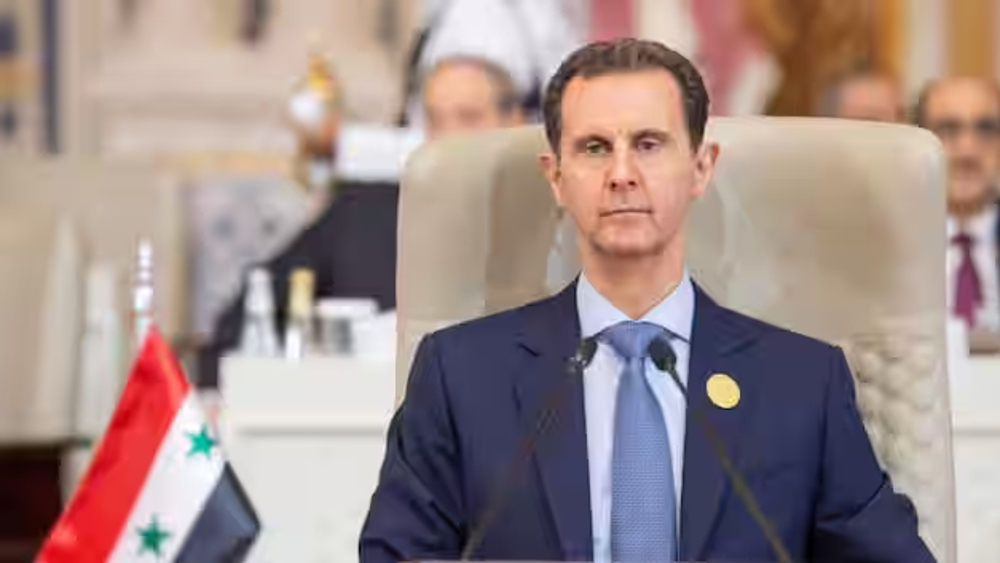



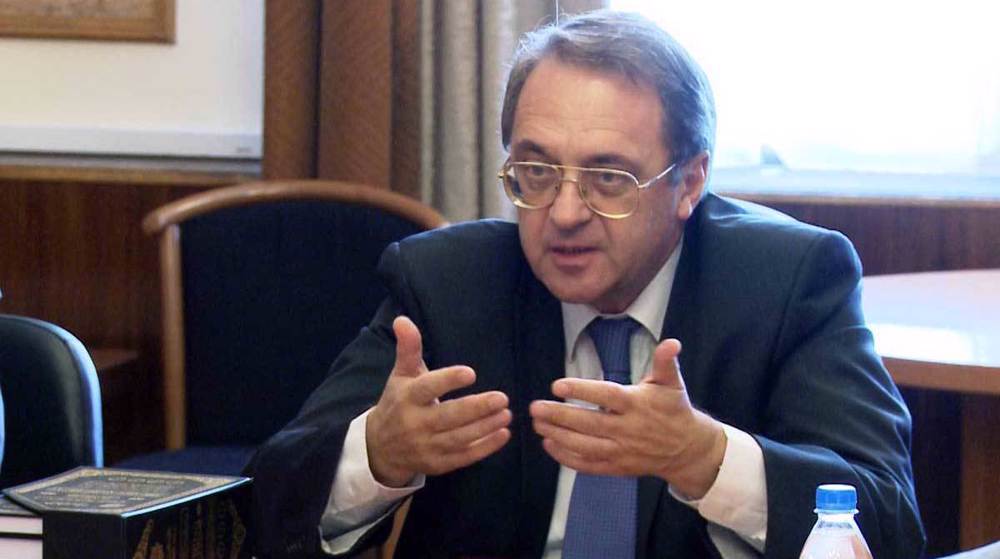
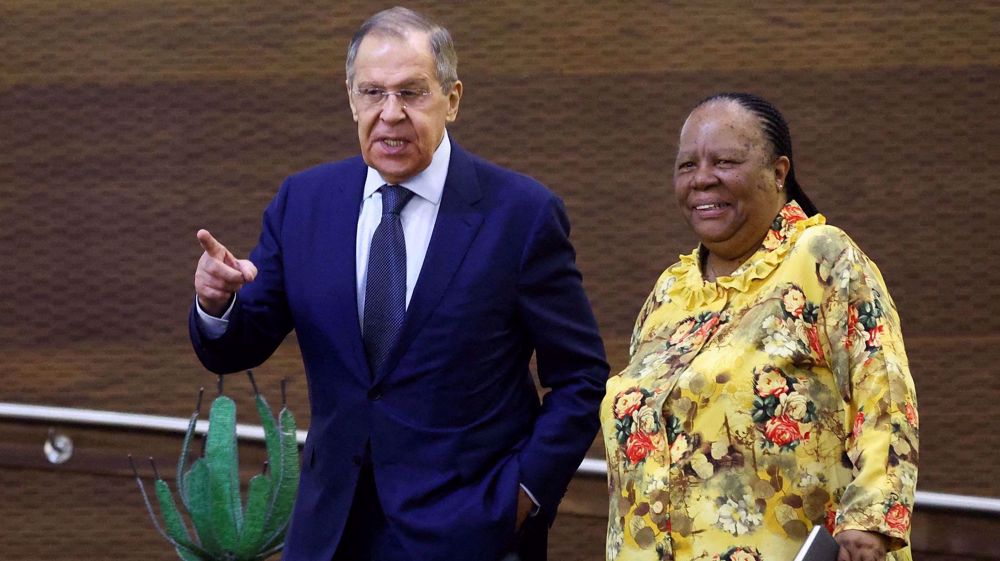
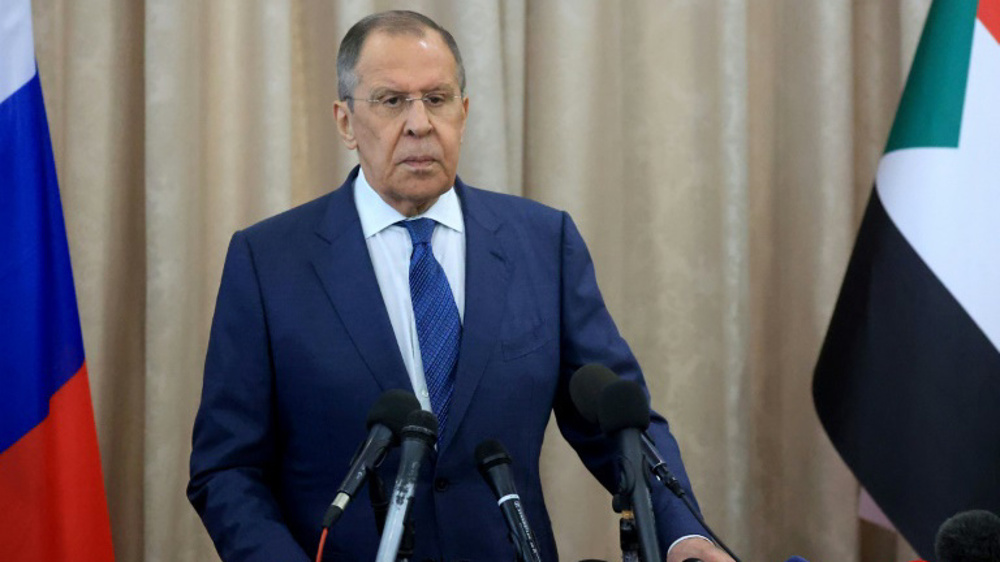

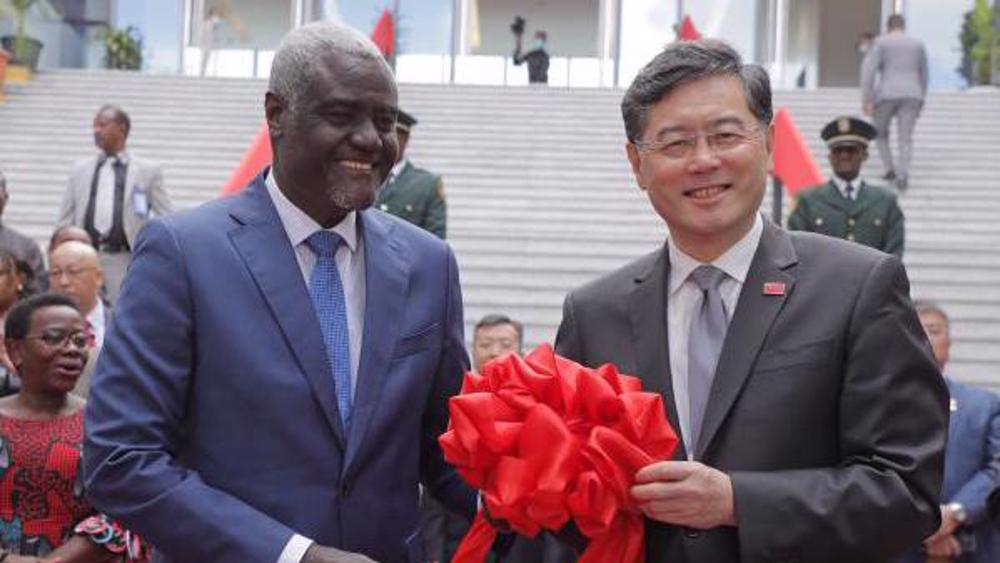

 This makes it easy to access the Press TV website
This makes it easy to access the Press TV website